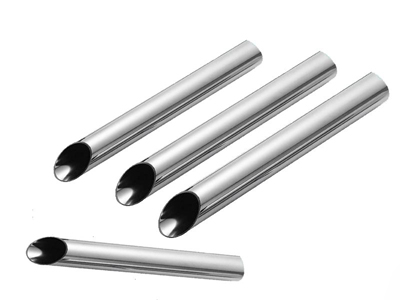Stress Relieving for Carbon Steel and Alloy steel
Why do we relieve the steel stress? Machining, cutting, as well as plastic deformation will cause a build-up of stresses in a material. Stress relieving is to minimise residual stresses in the structure thereby reducing the risk of dimensional changes during further manufacturing or final use of the component.

Stress relieving is applied to both ferrous and non-ferrous alloys and is intended to remove internal residual stresses generated by prior manufacturing processes such as machining, cold rolling and welding. Without it, subsequent processing may give rise to unacceptable distortion and/or the material can suffer from service problems such as stress corrosion cracking. The treatment is not intended to produce significant changes in material structures or mechanical properties, and is therefore normally restricted to relatively low temperatures.
Two types of Stress Relieving for Carbon Steels and Alloy Steels:
Treatment at typically 150-200°C relieves peak stresses after hardening without significantly reducing hardness (e.g. case-hardened components, bearings, etc.):
Treatment at typically 600-680°C (e.g. after welding, machining etc.) provides virtually complete stress relief.
Alloy steels that have been age-hardened are restricted to stress relieving temperatures below the ageing temperature.
Austenitic stainless steels are stress relieved below 480°Cor above 900°C, temperatures in between reducing corrosion resistance in grades that are not stabilised or low-carbon. Treatments above 900°C are often full solution anneals.
Bebon is a reliable steel trading company. We offer prime quality carbon steel, low alloy steel and stainless steel. We provide first-class services and competitive price.
